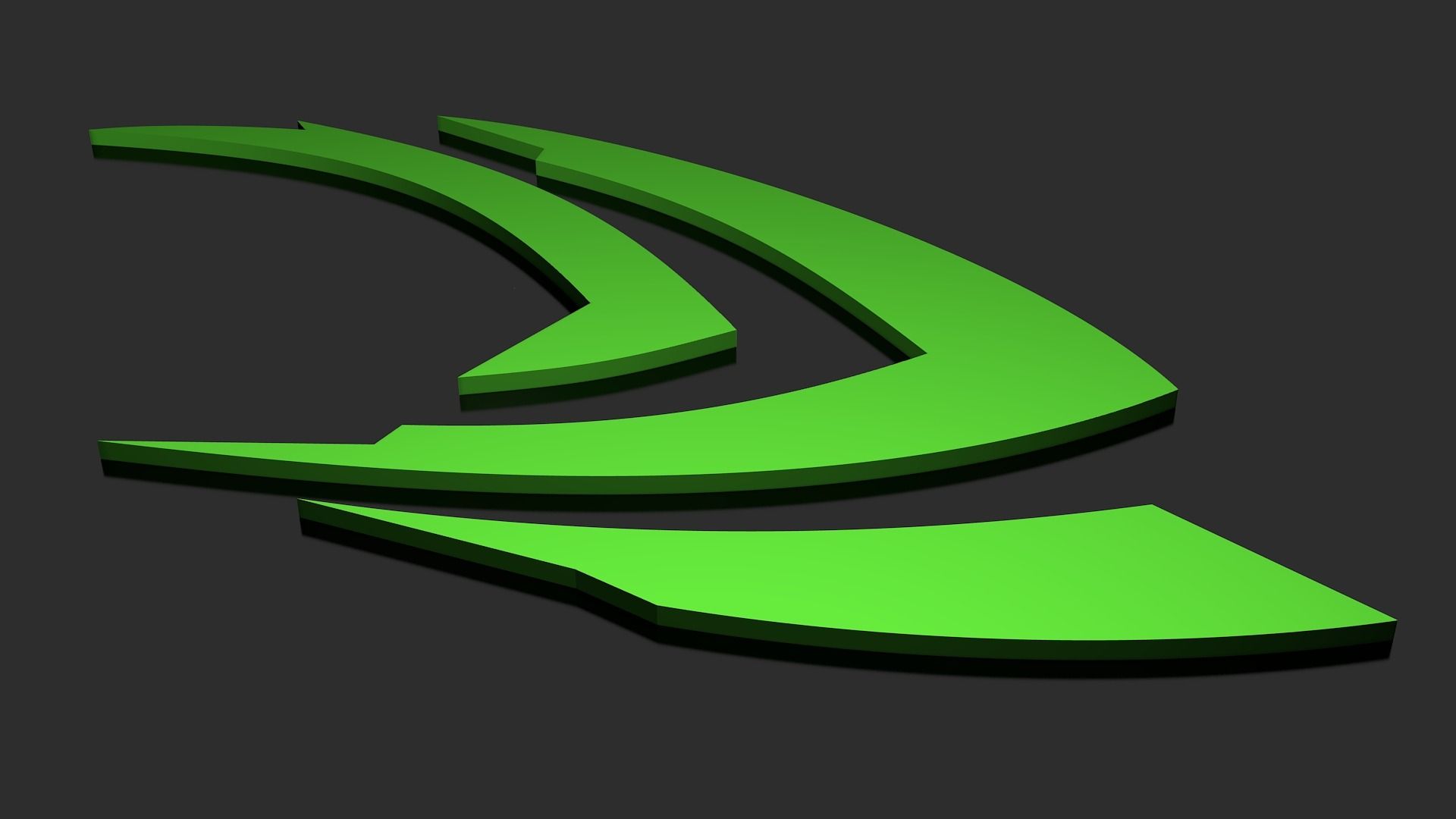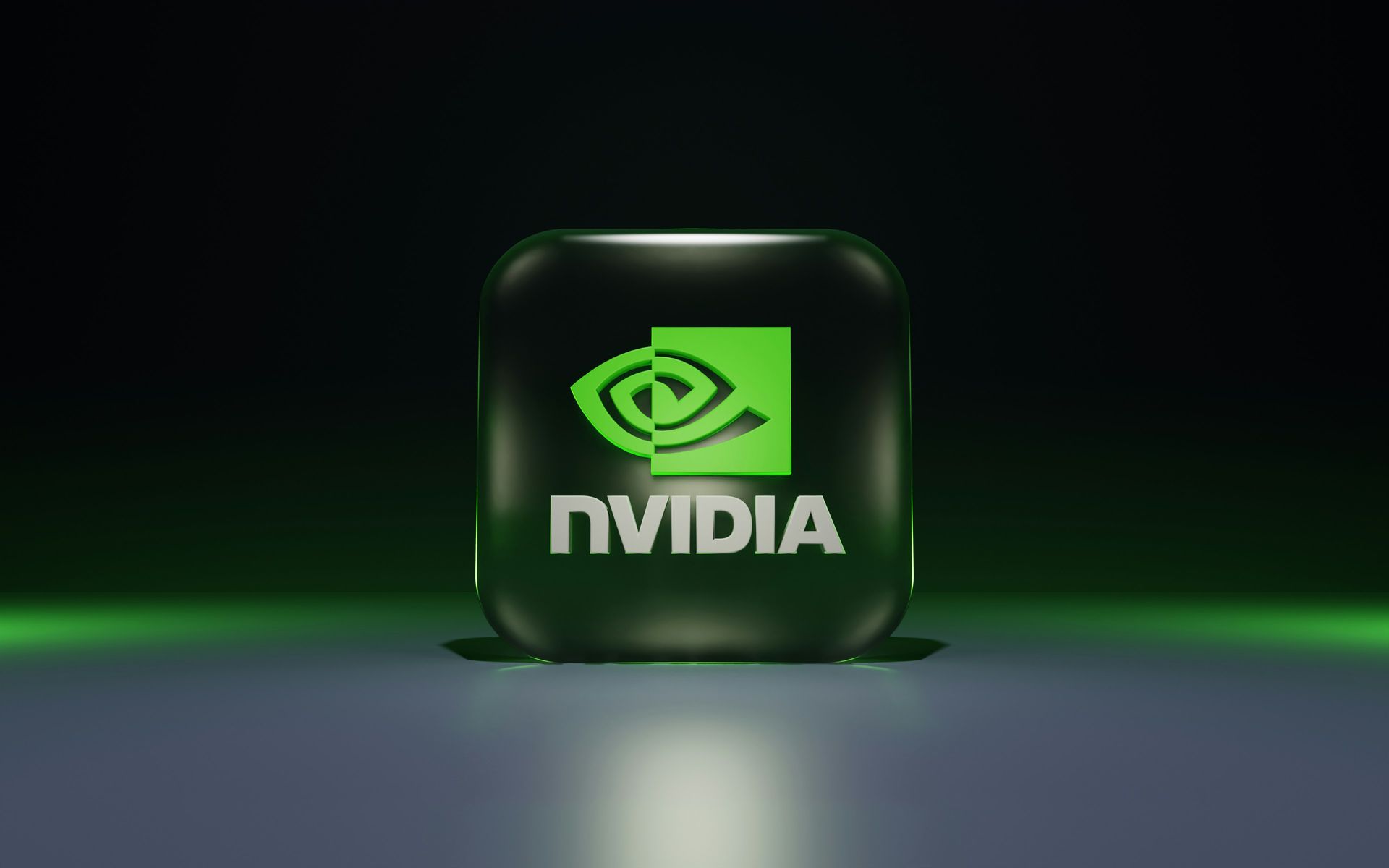The increasing use of artificial intelligence has brought concepts such as copyright and legal responsibility to a new level. In this context, the lawsuit filed by three authors against Nvidia challenges the ethical and legal framework of generative artificial intelligence.
Three authors are suing Nvidia
The lawsuit is based on the alleged unauthorized use of the authors’ works in developing Nvidia’s artificial intelligence platform, NeMo. It is alleged that NeMo, which was trained on a dataset of approximately 200,000 books, infringed the authors’ copyrights. Nvidia’s removal of the dataset in October 2023 strengthens this claim.

The authors have now filed a class action lawsuit against Nvidia, seeking damages from the company. The case outcome is expected to directly impact AI’s impact and future use of creative content.
The case is important not only for copyright infringement but also for AI’s ethical and responsible development. While harnessing AI’s potential, creators’ rights must be considered, and legislation must be improved in this area.
Also, did you know Elon Musk sued OpenAI? If not, you can visit our related article.
Similar cases are likely to increase in the coming period. As the use of artificial intelligence increases, ethical and legal debates in this area will become more important. Therefore, by following this case and others like it, we can help create a fair and sustainable framework for the future of AI.
Featured image credit: BoliviaInteligente / Unsplash




